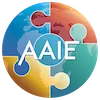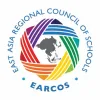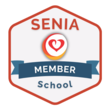The International Baccalaureate® (IB) aims to develop inquiring, knowledgeable and caring young people who help to create a better and more peaceful world through intercultural understanding and respect.
To this end the IB works with schools, governments and international organizations to develop challenging programmes of international education and rigorous assessment.
These programmes encourage students across the world to become active, compassionate and lifelong learners who understand that other people, with their differences, can also be right.
As a leading international school, we are authorized to provide the IB Diploma Programme to all of our Grade 11 and 12 students. We are very proud of our IB Diploma Programme and we were very pleased to have it recognized as a ‘world-class’ program by the report that followed the International Baccalaureate (IB) visit in January, 2024. This confirmed our IB status for another five years.
The IB Mission is compatible with our compassionate Mission and Vision the three ISY Learner Outcomes that we work towards with all of our students: all ISY graduates will be compassionate global citizens, lifelong learners and agents for positive change. We believe that these outcomes are a product of the culture that has developed around our compassionate Mission and Vision. Importantly, the systemic and sustainable framework of IB Diploma Programme and the compassionate Mission upon which it is based maintains and nurtures our own compassionate culture within which our students thrive.
The IB Diploma Programme also provides our Grade 11 and 12 students with the academic knowledge, skills, and attributes required for them to realize their academic potential and thrive in higher education as evidenced by our High School Profile. Please refer to our ISY IB Diploma Programme Guide for more information about the Grade 11 and 12 IB Diploma Academic program.
The IB Diploma programme’s focus on knowledge and skills being transferable and applicable to local, international, and unfamiliar contexts is also consistent with two goals that we have set ourselves as a school:
Goal 1: All students will be able to apply their knowledge and skills to adapt and contribute to an uncertain or unknown future.
Goal 2: All students will develop the self-efficacy and agency necessary to drive their own learning, control their own lives and positively influence the lives of others.
These goals were set as part of our accreditation with The Western Association of Schools and Colleges (WASC).
Importantly, the IB Diploma Programme’s core components – Theory of Knowledge (TOK), Extended Essay (EE), and Creativity, Activity, & Service (CAS) – provide students with three opportunities to reflect on their learning and make connections to their own interests and how they might be a force for positive change in the world.
Click here for more information on the benefits of students participating in and graduating from the IB Diploma Programme and here for some more key research findings.
Important ISY IB Documents
General Regulations: Diploma Programme
ISY IB Diploma Programme Guide
ISY Academic Honesty Practices & Procedures
ISY IB Inclusion Statement:
ISY implements a fully inclusive Diploma Programme; therefore, the inclusion philosophy also aligns with the International Baccalaureate Programme inclusion guidelines. “Inclusion is an ongoing process that aims to increase access and engagement in learning for all students by identifying and removing barriers” (Learning Diversity and Inclusion in the IB Programmes, 2016). It is about responding positively to each individual’s unique needs and not marginalizing students because of their differences. Read more here about equity and inclusive education in the IB.
Core Components
In addition to their selected subject courses (see below), students must pass three core components to be awarded their IB Diploma (and ISY High School Diploma):
Theory of Knowledge
Theory of Knowledge (TOK): TOK is assessed through an exhibition and a 1,600 word essay. It asks students to reflect on the nature of knowledge, and on how we know what we claim to know.
Extended Essay
Extended Essay (EE): An independent, self-directed piece of research, finishing with a 4,000-word paper. For more information about the EE at ISY, please refer to our Extended Essay Handbook.
Creativity, Activity, & Service
Creativity, Activity, & Service (CAS): CAS involves students in a range of activities alongside their academic studies. Students must engage in and reflect on their CAS experiences and provide evidence of achieving the seven learning outcomes for CAS. For more information about CAS, please refer to our Creativity, Activity, & Service Handbook.
Subject Course Overviews
IB Diploma courses are organized into six groups. IB Diploma students must select a course from each of the groups listed below:
Studies in Language and Literature
Language Acquisition
Individuals & Societies
Sciences
Mathematics
The Arts
Strong Connection between the IB Learner Profile and the ISY Learner Attributes
The IB Mission is compatible with our compassionate Mission and Vision and the three ISY Learner Outcomes that we work towards with all of our students: all ISY graduates will be compassionate global citizens, lifelong learners and agents for positive change.
In order to achieve these outcomes, we nurture in all of our students the ISY Learner Attributes. These are compassion, collaboration, communication, courage, creativity, critical thinking and reflection. These attributes are strongly embedded in our curriculum and in everything we do.
The ISY Learner Outcomes and Attributes are specific to our school’s Mission and Vision Statements, but the process that confirmed them was strongly influenced by the IB Learner Profile.
All IB learners strive to be:
Inquirers : Knowledgeable : Thinkers : Communicators : Principled : Open-Minded : Caring : Risk-Takers : Balanced : Reflective
In offering the IB Diploma to our Grade 11 and 12 students, we are committed to the development of the IB Learner Profile in all of our students. We believe that in nurturing the ISY Learner Attributes in all students, we are nurturing the IB Learner Profile in all students (and vice versa). To recognize and strengthen the strong connection between the IB Learner Profile and ISY Learner Attributes, we have integrated the language of the IB Learner Profile into the working definitions of our ISY Learner Attributes:
ISY Learner Attributes
The will and understanding to care about, respect and value the identity, culture, perspective, and experience of others in acting to make a positive difference to their lives and the world.
Working effectively and respectfully with diverse teams; being an open-minded and caring thinker and communicator to be helpful in a team making necessary changes, compromises, and decisions to accomplish a common goal; assuming shared responsibility for collaborative work, and valuing the individual perspectives and contributions made by each team member.
Expressing and seeking to understand ideas and information confidently and creatively in more than one language and in a variety of modes of communication. Working effectively and willingly in collaboration with others.
Being principled by acting with integrity and honesty, with a strong sense of fairness and justice, and with respect for the dignity and rights of all people. Taking responsibility for our actions and their consequences and, in being principled, being prepared to take risks in relation to our reputation or the realization of a desired outcome for ourselves.
Approaching uncertainty with forethought and determination; working independently and collaboratively and being prepared to take risks to inquire into new ideas and innovative strategies; showing resourcefulness and resilience in the face of challenges.
Using a wide range of idea creation techniques, imagination, and experiences to think of and create new and worthwhile ideas (both incremental and radical concepts); elaborating, refining, analyzing, and evaluating original ideas with an open mind to improve and maximize creative efforts.
Developing and using conceptual understanding to explore and expand knowledge across a range of disciplines, and engaging with issues and ideas that have local and global significance. Using critical and creative thinking skills to analyse and take responsible action on complex problems. Exercising initiative in making principled, reasoned, and ethical decisions. Nurturing curiosity and developing skills for inquiry and research.
Thoughtfully considering the world and our own ideas and experiences in living meaningful and balanced lives. Working to understand our strengths and weaknesses in order to support our learning and personal development and to understand how we can be a force for positive change in the world.
IB Diploma Program Reauthorization
In January 2024, two representatives of the International Baccalaureate (IB) virtually visited with faculty, parents, students, and members of the Board of Trustees as a part of the reauthorization of our IB Diploma Program.
This visit covered all aspects of our IB Diploma Program, with meetings focusing on the following categories: Purpose, Environment, Culture, and Learning. The purpose of the meetings was to confirm and expand upon an extensive self-study that we conducted on our IB Diploma Program.
We are very proud of our IB Diploma Program and we were very pleased to have it recognized as a ‘world-class’ program by the report that followed the visit and confirmed our IB status for another five years.
Here is how our program was described by the IB in the report:
“strong commitment to the IB philosophy, culture of learning and holistic development of students.”
“dedicated teaching staff committed to supporting students in all aspects of their wellbeing.”
“students are actively involved in the learning process.”
“safe, nurturing and respectful learning environment.”
“active, supportive classroom environments.”
“students experience a caring, inclusive environment.”
“individualized support for students.”
“world-class education that supports and addresses the diverse needs and interests of students.”
To read the full report, please click here or visit our ISY IB Diploma Program webpage.

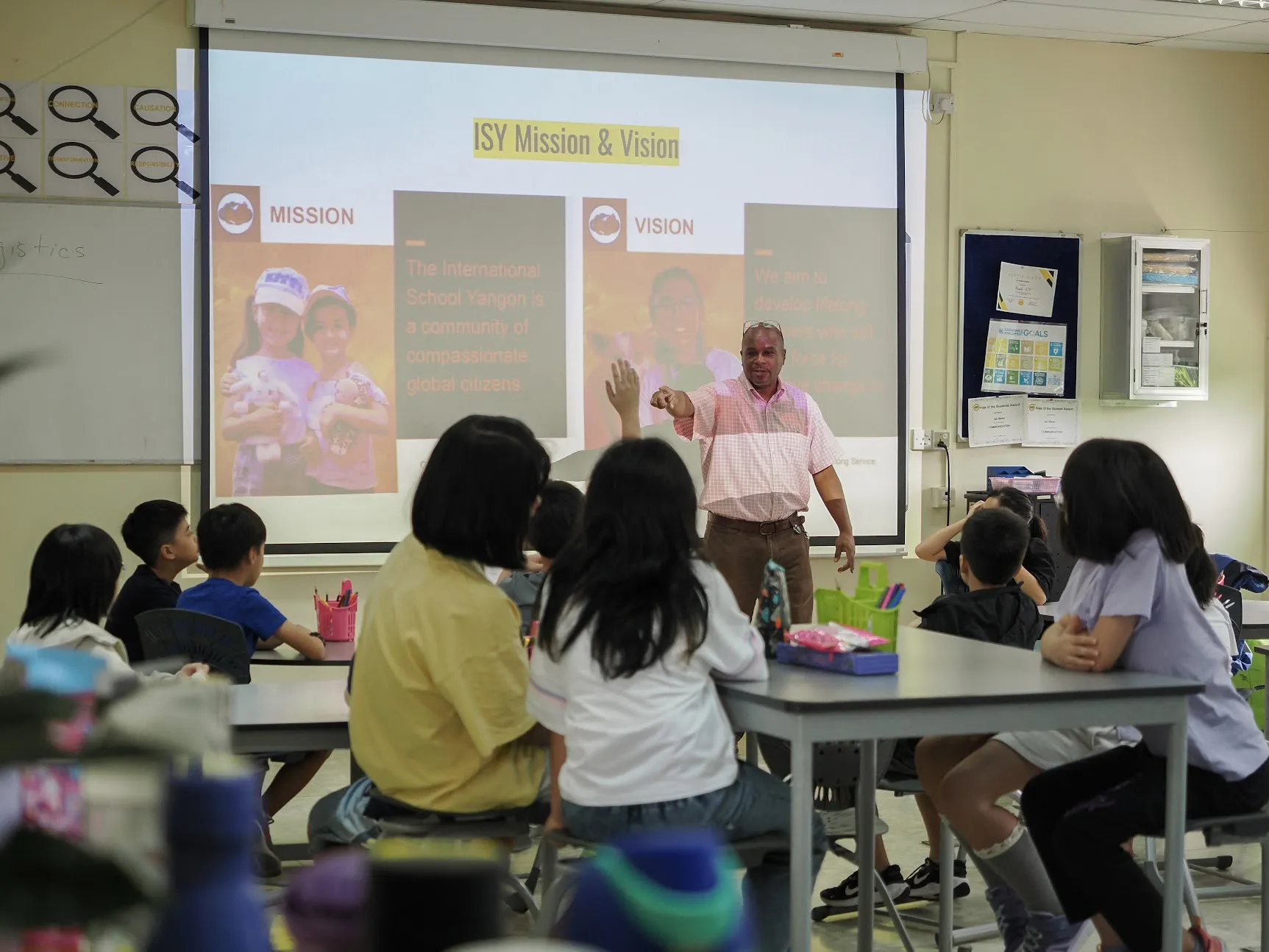

.svg)
.svg)
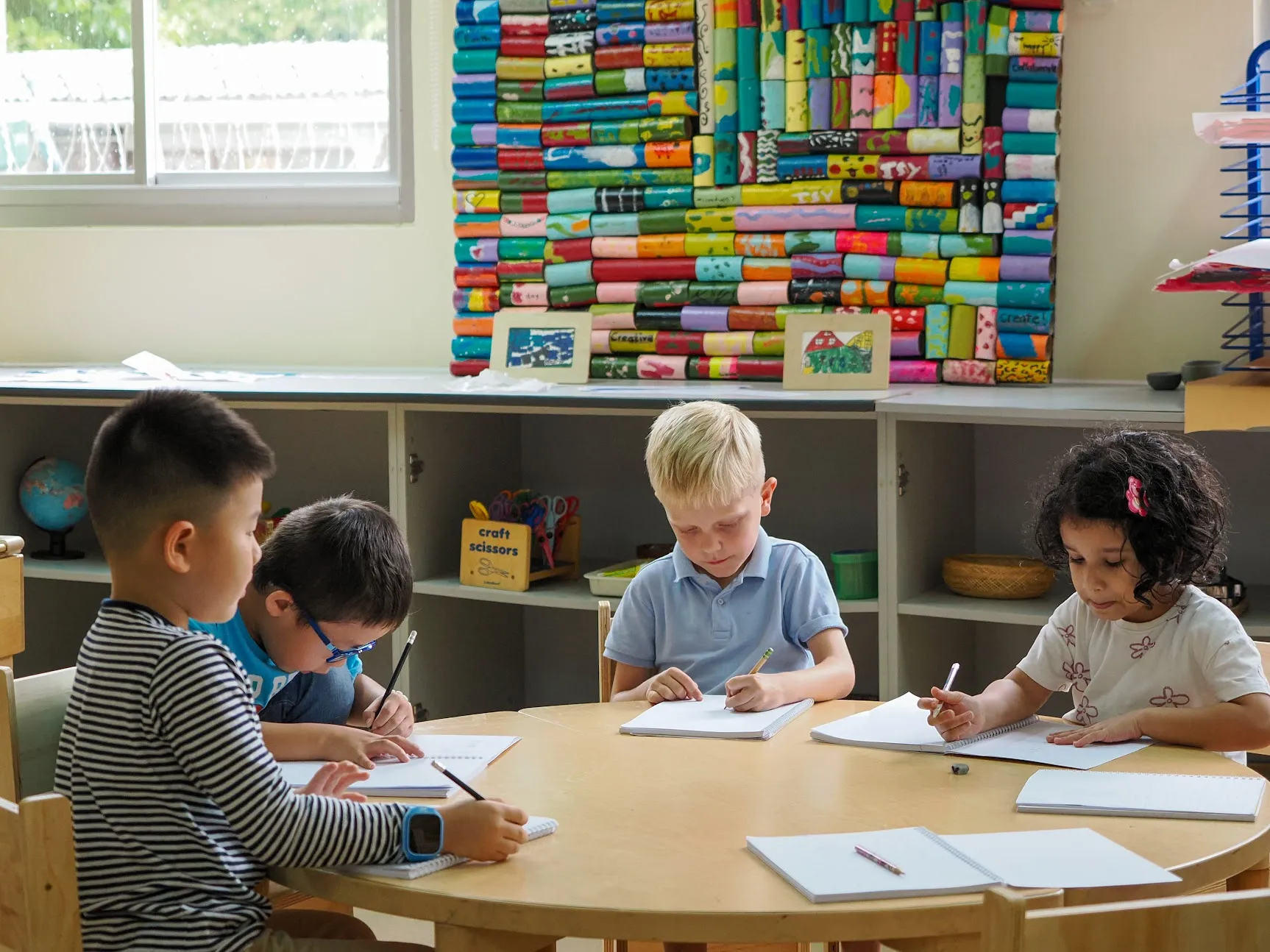
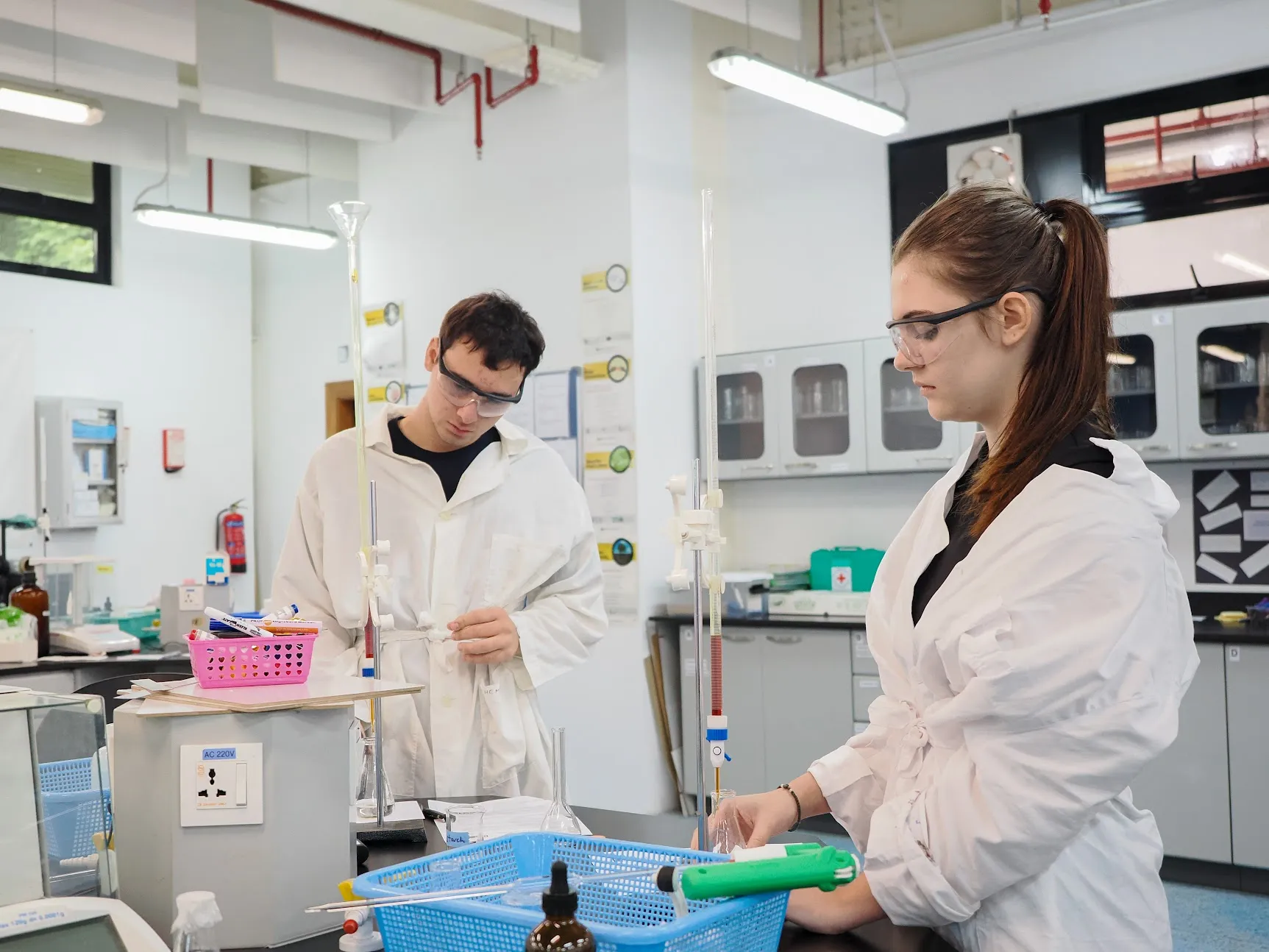
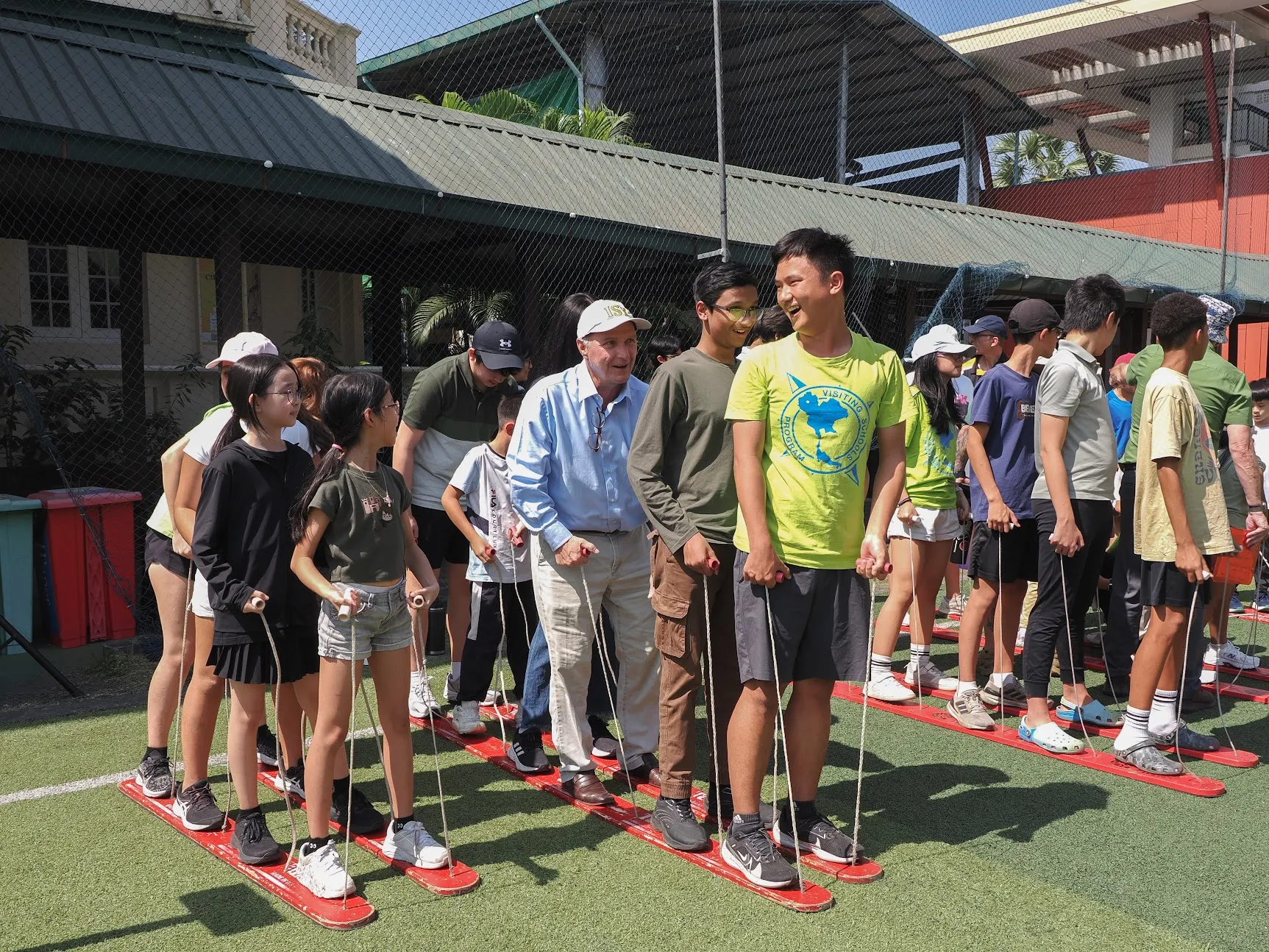
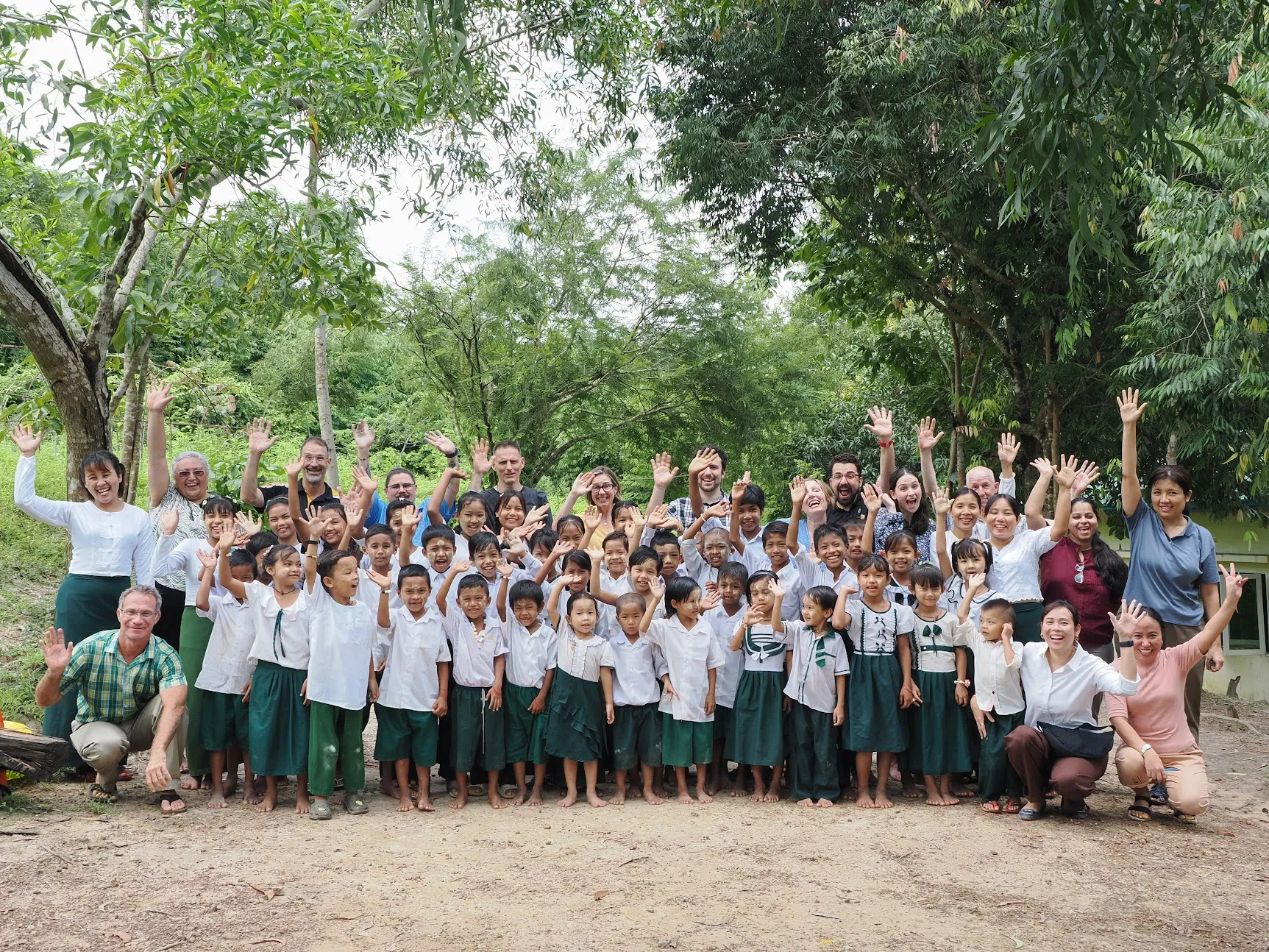
.svg)


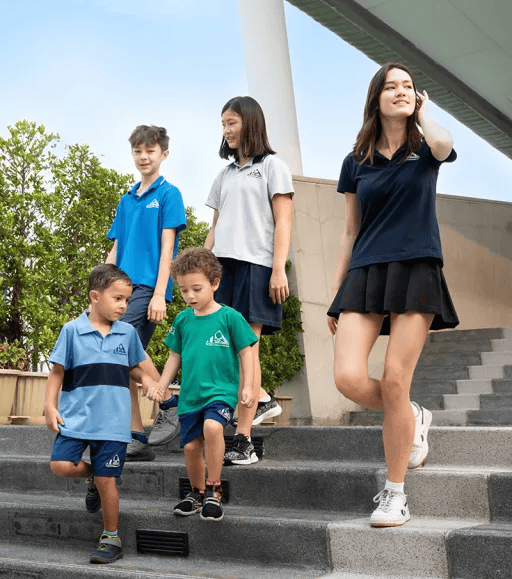
.png)
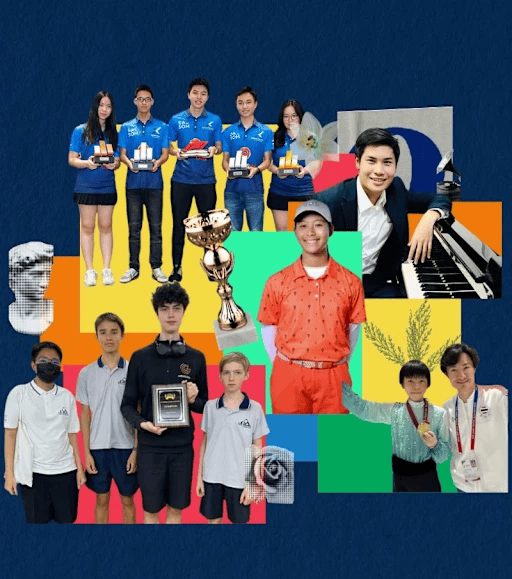
.png)
.svg)
.png)
.svg)
.svg)

.svg)
.png)

.svg)



